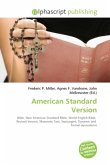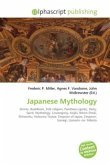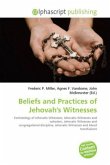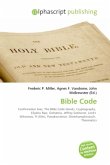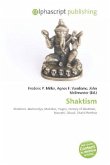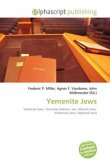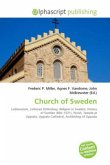High Quality Content by WIKIPEDIA articles! Cybele, was the Phrygian deification of the Earth Mother. As with Greek Gaia, or her Minoan equivalent Rhea, Cybele embodies the fertile Earth, a goddess of caverns and mountains, walls and fortresses, nature, wild animals. Phrygian Cybele is often identified with the Hittite-Hurrian goddess Hebat, though this latter deity might have been the origin of only Anatolian Kubaba. The Greeks frequently conflated the two names, the Anatolian "Kubaba" and the Phrygian "Kybele", to refer to the Phrygian deity. The goddess was known among the Greeks as , or, with a particular Anatolian sacred mountain in mind, Idaea, inasmuch as she was supposed to have been born on Mount Ida in Anatolia, or equally Dindymene or Sipylene, with her sacred mountains Mount Dindymon or Mount Sipylus in mind. In Roman mythology, her equivalent was Magna Mater or "Great Mother". Her Ancient Greek title, Potnia Theron, also associated with the Minoan Great Mother, alludes to her Neolithic roots as the "Mistress of the Animals". Her son and consort Attis is a life-death-rebirth deity who was resurrected by her.
Bitte wählen Sie Ihr Anliegen aus.
Rechnungen
Retourenschein anfordern
Bestellstatus
Storno


